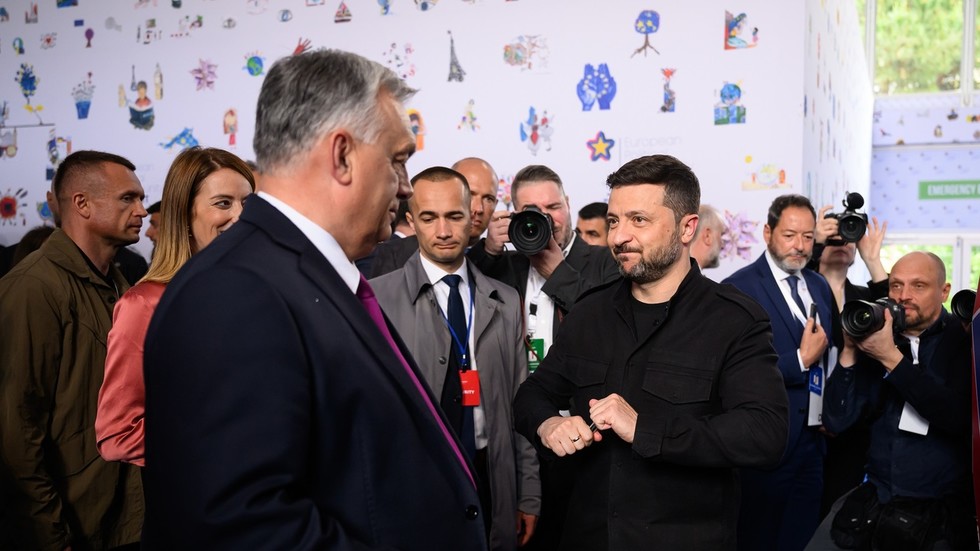US President Donald Trump began his first talks with Canadian Prime Minister Mark Carney on Tuesday and vowed to bring up "tough points" that are dividing the two countries since Trump imposed tariffs.
Their meeting started with smiles and a handshake despite Trump's desire to make Canada the 51st U.S. state, a prospect that has chilled bilateral relations. The subject quickly came up as they took questions from reporters.
"We're not going to be discussing that unless somebody wants to discuss it," Trump said. "It would really be a wonderful marriage."
Carney put down the idea firmly.
"It's not for sale, it won't be for sale-ever," he told Trump in the Oval Office.
"Never say never, never say never," Trump said.
Trump, whose tariff policy has rattled world markets, said he and Carney would discuss "tough points," an allusion to the president's belief that the United States can do without Canadian products.
"Regardless of anything, we're going to be friends with Canada," he said.
Carney's Liberal Party won the April 28 election on promises to tackle Trump and create a new bilateral economic and security relationship with the United States.
Shortly before Carney arrived, Trump posted a message on social media.
"I very much want to work with him, but cannot understand one simple TRUTH - Why is America subsidizing Canada by $200 Billion Dollars a year, in addition to giving them FREE Military Protection, and many other things? We don't need their Cars, we don't need their Energy, we don't need their Lumber, we don't need ANYTHING they have, other than their friendship, which hopefully we will always maintain. They, on the other hand, need EVERYTHING from us!"
Trump appeared to be referring to the trade deficit the U.S. has with Canada due mostly to American imports of Canadian oil, although Canada's merchandise trade surplus was C$102.3 billion ($74.25 billion) in 2024.
Carney, a 60-year-old ex-central banker with no previous political experience, was elected Liberal leader in March to replace Justin Trudeau, who had a poor relationship with Trump.
Canada is the US' second-largest individual trading partner after Mexico, and the largest export market for U.S. goods. More than $760 billion in goods flowed between the two countries last year.
Ahead of the meeting, the U.S. Commerce Department reported on Tuesday that Canada's goods trade surplus with the U.S. narrowed to a five-month low in March, the month when Trump's hefty tariffs on imported steel and aluminium took effect. Canadian exports to the U.S. plunged by $3.7 billion, the second-largest drop on record.
Canadian data showed the drop in U.S. exports was almost compensated by an increase to the rest of the world, as Canadian companies sought new markets.
In March, Trump imposed a 25% tariff on all steel and aluminium imports and then slapped another 25% tariff on cars and parts that did not comply with a North American free trade agreement.
On Sunday, Trump said he would put a 100% tariff on all movies produced outside the U.S., without giving details, in a potential blow to Canada's film industry.
(Except for the headline, this story has not been edited by NDTV staff and is published from a syndicated feed.)

 4 weeks ago
12
4 weeks ago
12










 English (US) ·
English (US) ·